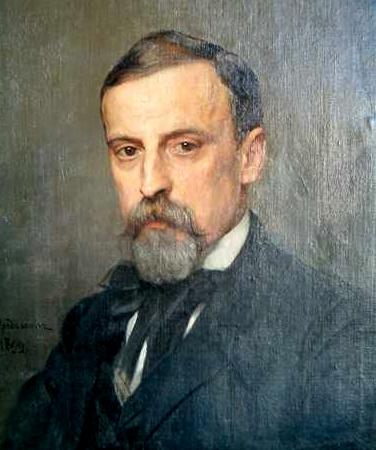Set in the tumultuous backdrop of ancient Rome during Nero's reign, Henryk Sienkiewicz's 'Quo Vadis' masterfully juxtaposes the moral dilemmas of a burgeoning Christian community against the opulence and decadence of Roman imperialism. Sienkiewicz employs a vivid narrative style characterized by rich, evocative descriptions and emotionally charged dialogues, which create a palpable tension between the spiritual and the temporal. The novel deftly explores themes of love, faith, and sacrifice, reflecting the profound societal conflicts of a time when the nascent Christian faith faced brutal persecution from the ruling elite. Henryk Sienkiewicz, a Polish novelist and Nobel laureate, was deeply influenced by his own experiences of national strife and cultural upheaval. Growing up in a partitioned Poland fostered in him a profound understanding of struggle and resilience, which is palpably expressed through his characters in 'Quo Vadis.' His deep engagement with classical themes and historical authenticity imbues the narrative with a sense of gravitas, as Sienkiewicz sought to convey the enduring human spirit in the face of tyranny. 'Quo Vadis' is not just a historical novel; it is a timeless exploration of love and human values amid chaos. Readers seeking a compelling intersection of history and spirituality will find Sienkiewicz's work a powerful reflection on the enduring legacy of faith and morality. Highly recommended for scholars, history enthusiasts, and anyone intrigued by the complexities of human existence.
Dieser Download kann aus rechtlichen Gründen nur mit Rechnungsadresse in A, B, BG, CY, CZ, D, DK, EW, E, FIN, F, GR, H, IRL, I, LT, L, LR, M, NL, PL, P, R, S, SLO, SK ausgeliefert werden.










